Empowering Your Online Privacy
A VPN works by routing the internet connection of your user through the private server of your chosen VPN rather than your internet service provider (ISP), so that it comes from the VPN connection rather than your computer when your data is transmitted to the internet.
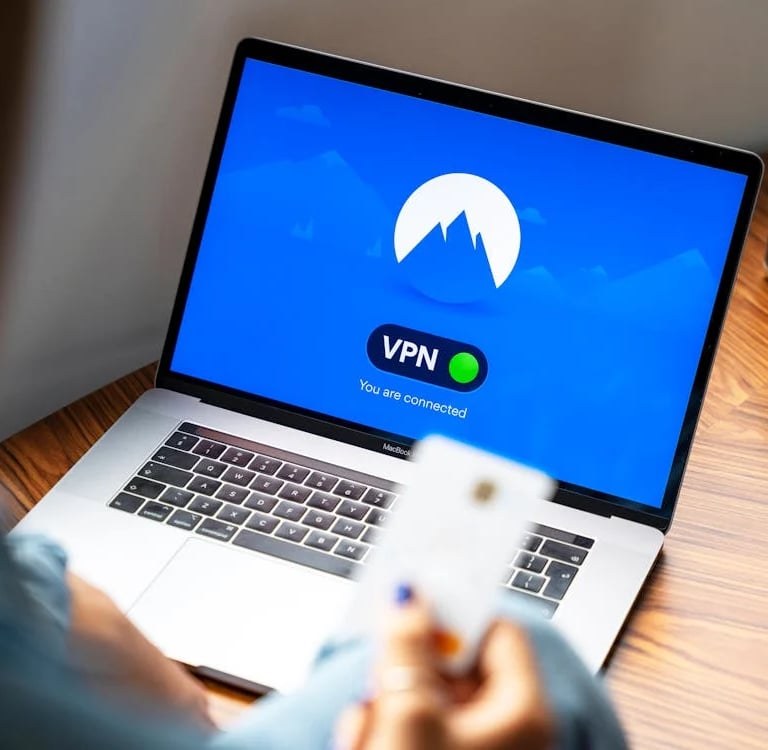

Secure Your Business
A VPN connection is essential for protecting your business data and ensuring secure access.
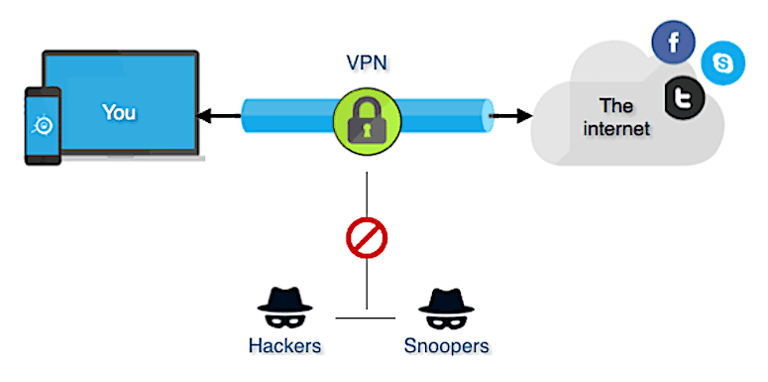

Data Protection Solutions
Safeguard your sensitive information with our advanced data protection services and VPN solutions.
Remote Access Security
Enable secure remote access for your team with our reliable VPN services and solutions.
Anonymity and Bypass
Maintain anonymity online and bypass restrictions with our efficient VPN services tailored for businesses.
Is a VPN connection important for your business?
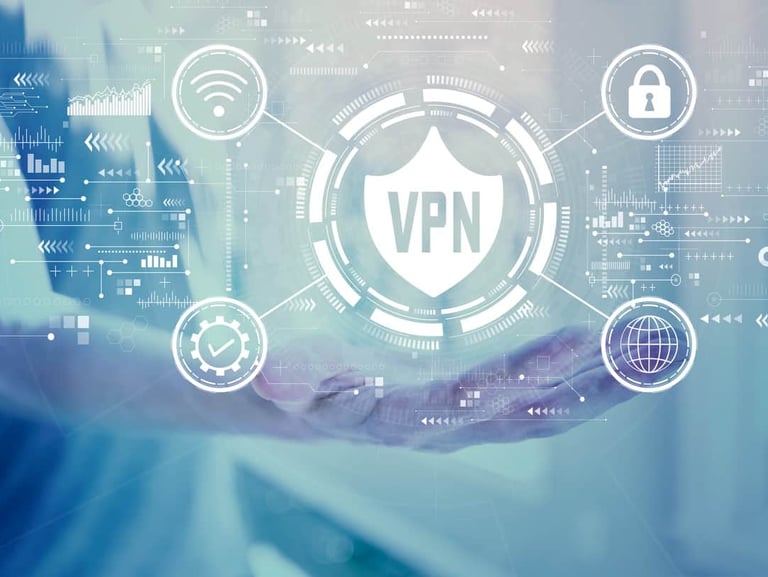

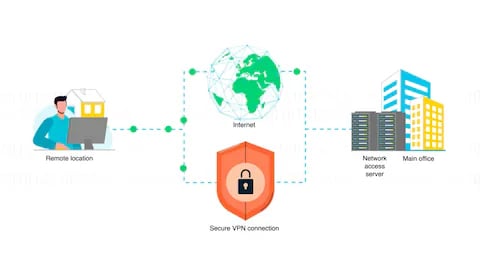

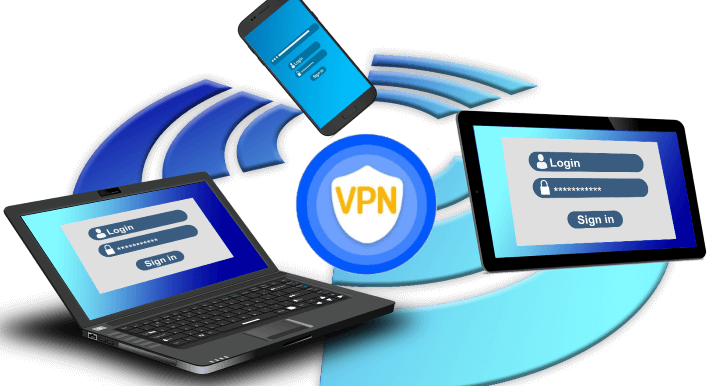

Remote Access
With a VPN, employees can securely access company resources (servers, databases, etc.) from remote locations. This is especially useful for remote work or when traveling.
Security and Privacy
A VPN encrypts your internet traffic, making it secure against eavesdropping and cyberattacks. It ensures that sensitive data (such as financial transactions, customer information, and proprietary files) remains confidential.
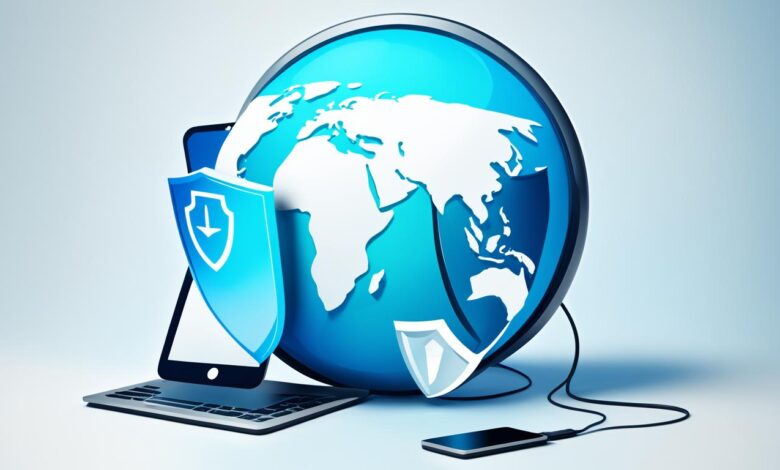

Bypassing Geographical Restrictions
If your business operates globally, a VPN allows you to access region-restricted content or services. For instance, you can connect to a server in a specific country to access local websites or services.
Anonymity
While not the primary purpose for businesses, a VPN can mask your IP address, providing a layer of anonymity online.


Protecting Against Public Wi-Fi Risks
When employees connect to public Wi-Fi networks (e.g., at coffee shops or airports), their data is vulnerable. A VPN shields them from potential threats on unsecured networks.
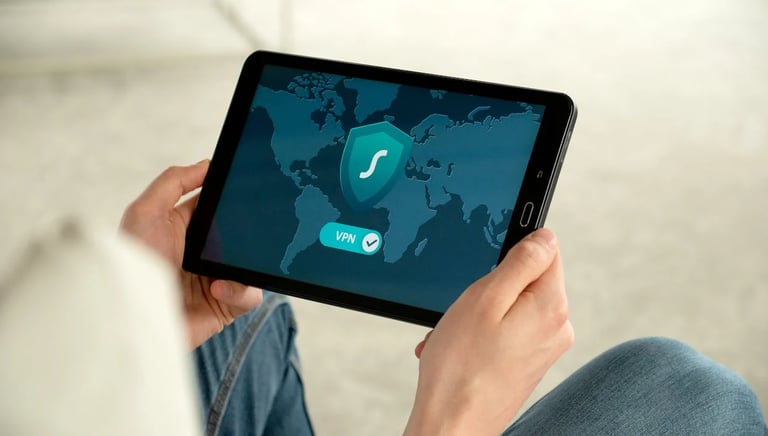

Stay Secure & Connected with IM DSL's VPN Service!
Looking for safe, private, and unrestricted internet access? IM DSL brings you high-speed VPN connectivity, ensuring top-level security, anonymity, and access to global content without limitations.
CONTACT US:
203, 26th July St., Sphinx Square, El Mohandeseen , Cairo, Egypt
Mobile : +20 1028905553
Email : info@im-dsl.com
